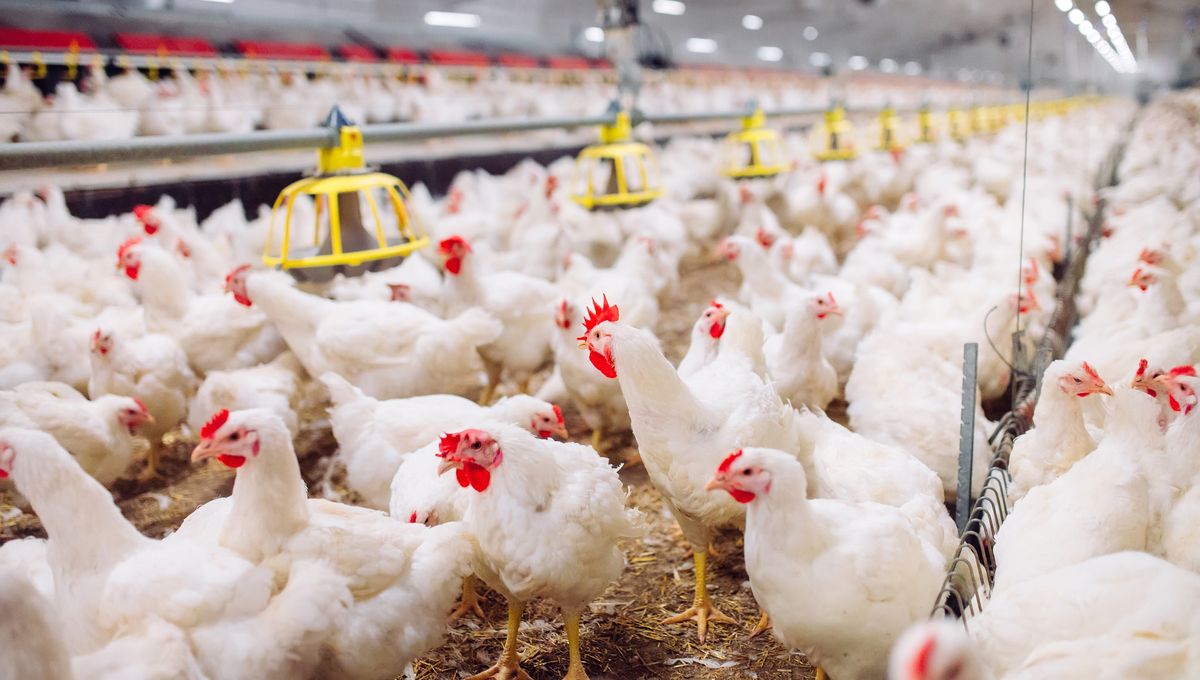
The World Health Organization (WHO) has voiced concerns about the spread of H5N1 bird flu, which is increasingly infecting non-avian species and thus upping the risk of transmission to humans, for whom the mortality rate is “extraordinarily high”.
“This remains, I think, an enormous concern,” the health agency’s chief scientist Jeremy Farrar told reporters in Geneva on Thursday (April 18), The Guardian reports.
Avian influenza normally spreads in birds but can also spill over into other animals, including humans. In recent months we have seen reports of infections in cows, goats, and even a polar bear.
According to Farrar, the H5N1 variant has become a “global zoonotic – animal – pandemic”.
“The great concern, of course, is that in doing so and infecting ducks and chickens – but now increasingly mammals – that the virus now evolves and develops the ability to infect humans. And then critically, the ability to go from human-to-human transmission,” he added, per a United Nations report.
The current outbreak began in 2020 and has resulted in the deaths of tens of millions of poultry, as well as wild birds across the globe – from bald eagles in North America to penguins in the Antarctic.
Most recently, the virus was detected in domestic cattle in the US, and earlier this month it was reported that a person in Texas had tested positive for H5N1 after coming into contact with dairy cattle presumed to be infected.
This was only the second person ever reported to have tested positive for H5N1 bird flu in the US, the previous human case being in Colorado in 2022. Prior to the Texas case, the most recent human case was in March of this year in Vietnam.
Worldwide, a total of 889 cases and 463 deaths have been reported between 2003 and April 1, 2024, according to the WHO. This puts the case fatality rate at 52 percent.
The spread in mammals, Farrar warned, is particularly concerning. When “you come into the mammalian population, then you’re getting closer to humans,” he said, adding that “this virus is just looking for new, novel hosts.”
Thankfully, there is no evidence yet that H5N1 is spreading between humans, and efforts are already underway to develop vaccines and therapies.
“We have to […] make sure that if H5N1 did come across to humans with human-to-human transmission, that we were in a position to immediately respond with access equitably to vaccines, therapeutics and diagnostics,” Farrar added.
Source Link: Spread Of Bird Flu To Humans Is “Enormous Concern”, WHO Warns